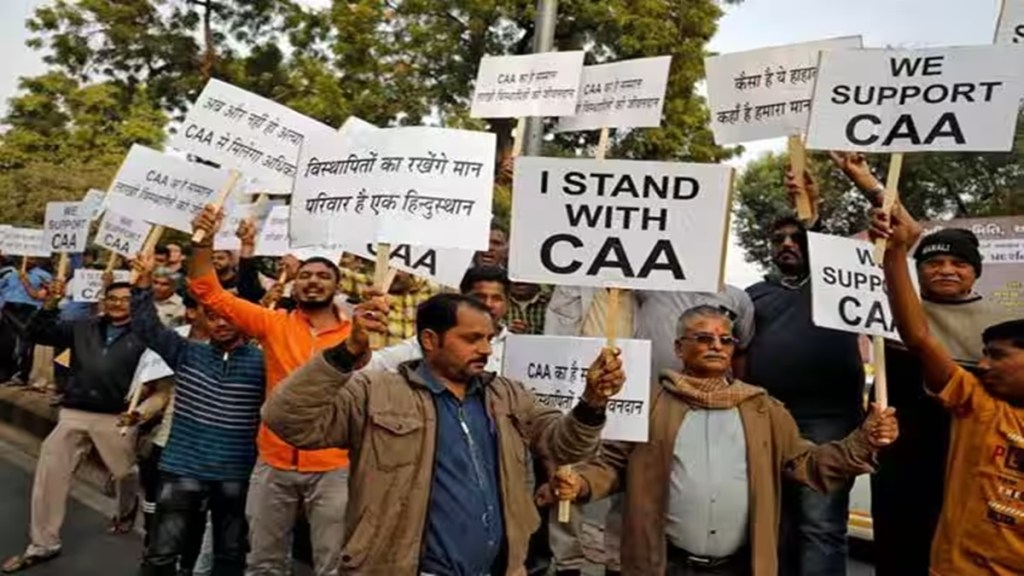The government had recently notified the rules for the Citizenship (Amendment) Act (CAA). The law aims at expediting citizenship for persecuted non-Muslim migrants from Pakistan, Bangladesh, and Afghanistan who arrived in India before December 31, 2014. The CAA has led to many misconceptions over time and the Ministry of Home Affairs (MHA) has now finally cleared the air regarding some of the concerns that the public has. The Union Home Ministry on Tuesday reassured Indian Muslims that the Citizenship (Amendment) Act (CAA) poses no threat to their citizenship rights and is unrelated to India’s Muslim community, which enjoys equal rights alongside their Hindu counterparts.
No deportation, says MHA
The MHA clarified on Tuesday that the CAA does not address the deportation of illegal immigrants. This statement follows the release of the rules under the CAA, with the Home Ministry issuing an FAQ document to provide further clarity. The FAQ emphasizes that the CAA does not affect the citizenship status of Indian Muslims and reassures that “no Indian citizen would be required to provide documentation to prove his citizenship after this Act.” Additionally, the ministry deems concerns raised by some, including Muslims and students, regarding the CAA’s treatment of Muslim minorities as unjustifiable.
Do Indian Muslims need to prove their Indian citizenship?
The ministry has clarified that no Indian citizen would be required to provide documentation to prove citizenship under this Act. It said that the CAA does not affect the citizenship of the current 18 crore Indian Muslims, who possess equal rights to their Hindu counterparts.
Furthermore, the MHA stated that the CAA removes legal barriers to resettlement and citizenship, guaranteeing the safeguarding of individuals’ cultural, linguistic, and social identities through their citizenship entitlements.
In its statement, the Home Ministry underscored that the CAA safeguards Islam from being unjustly associated with persecution, emphasizing that Islam advocates peace and opposes violence or religious persecution.
Explaining the necessity of the law, the ministry clarified that India lacks agreements with Afghanistan, Pakistan, and Bangladesh for the repatriation of migrants. It emphasized that the CAA does not address the deportation of illegal immigrants, thereby debunking concerns that it discriminates against Muslim minorities.
Muslims from any part of the world can seek Indian citizenship
Furthermore, the ministry highlighted that Muslims from any part of the world can seek Indian citizenship under existing naturalization laws. The CAA reduces the qualification period for citizenship application from 11 to five years for persecuted minorities from Afghanistan, Bangladesh, or Pakistan who arrived in India before December 31, 2014.
The ministry justified the need for the CAA, stating that it aligns with India’s tradition of generosity towards persecuted minorities and aims to streamline the citizenship system and address illegal migration.
Additionally, the ministry clarified that the CAA does not nullify existing naturalization laws, allowing individuals, including Muslim migrants, from any foreign country to apply for Indian citizenship.


